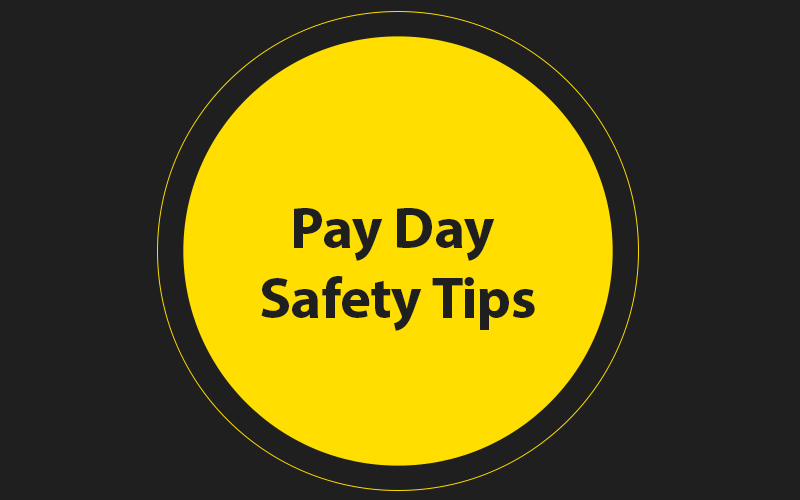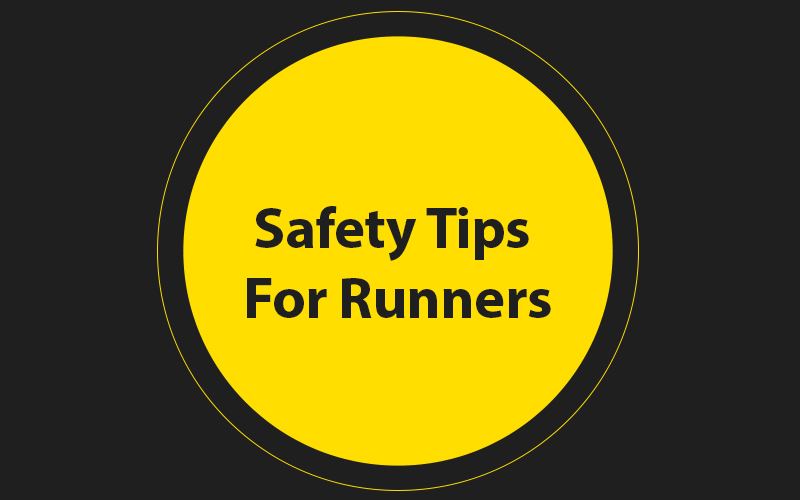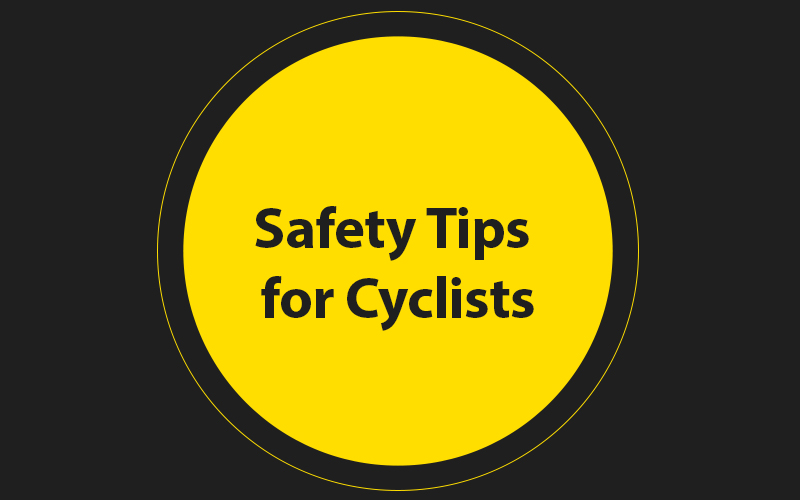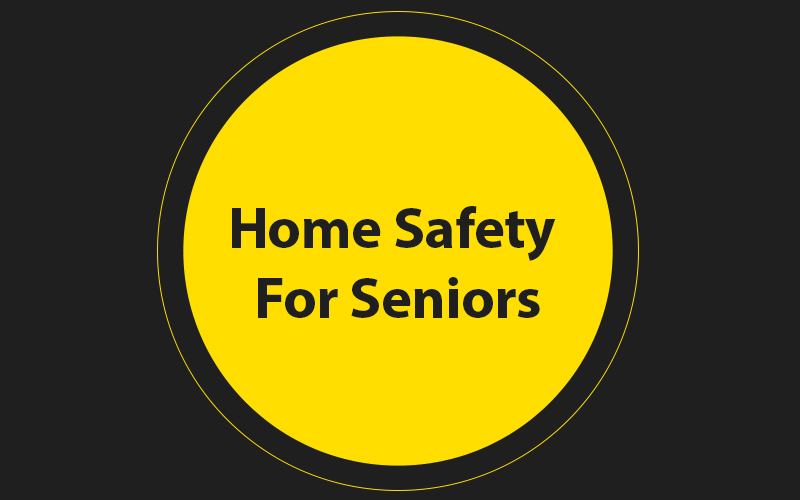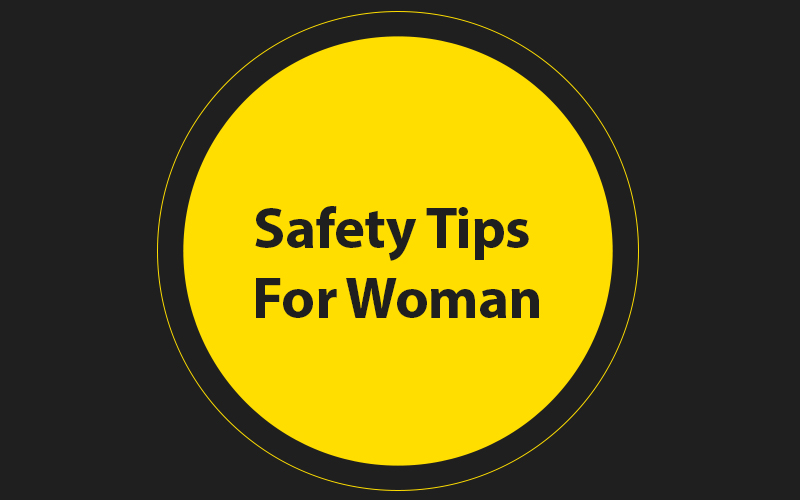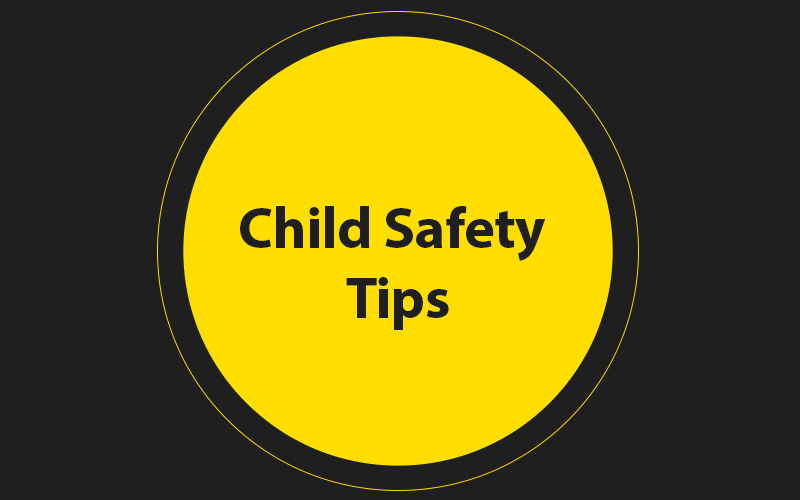
Child Safety Tips
- Always keep a close eye on your children. Don’t let them wander off on their own or be without the supervision of a responsible adult.
- Never leave children in the care of an adult you don’t trust.
- Don’t leave children under the supervision of other children.
- Never leave children alone in a car.
- When travelling by car make sure that babies or young children are buckled up or in a car seat, and drive responsibly.
- Learn first aid or at least learn CPR. It could save a life.
- Child-proof your home or the place you are staying by making sure that all dangerous substances and items are out of reach. Make sure that all electrical wiring is safe and swimming pools are sealed off with an SABS-approved safety fence or safety net, preferably both. Keep all alcohol out of the reach of children.
- Talk to your children before a family outing. Make a rule that you must always be able to see them, and they must always be able to see you. It may sound simple, but keep reminding them periodically, especially if you think they’re getting restless. Use the “two giant steps” rule – your children should never be more than two giant steps away from you. It’s a fun and uncomplicated way for young children to remember not to wander away.
- Teach your children that if they ever become separated from you, they should look for a “safe stranger” for help. Some examples include a mom with kids or a cash register person. With older children, agree on a “meeting place” ahead of time, in case you become separated. Make sure that your children know your cell phone number.
- Teach your children never to leave the mall or store to go looking for you, no matter what anyone tells them. Remind your child that you would never leave until you are reunited.
- Establish the “check first” rule with older children. They must always check first with you before going anywhere in a public place, including another store, play area, or even the restroom.
- Don’t treat public facilities as a “convenient babysitter.” Do not leave your children alone at movie theatres, play areas, or other public places. Predators are known to look for unsupervised kids.
- Always bring young children into the restroom with you. Look for well-lit restrooms in high traffic areas, whenever possible.
- If older children go to the mall, teach them to always stay in groups. If a stranger tries to get them to leave, they must scream and make the people around them aware of what is happening.
24/7 Security Services – info@24-7security.co.za / 011 444 2237

